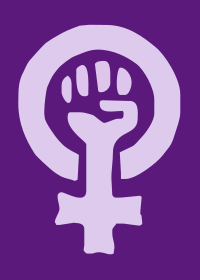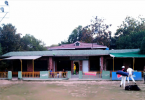This story was produced with the support of Alina Khaliq and Anis Fatima Rizvi from Forman Christian College
Women in Pakistan took to the streets for the annual “Aurat” (women’s) March this year to demand an end to gender inequality.
The Aurat March was founded in 2018 by the “Hum Arutein” (we the women) collective to mark International Women’s Day.
A 2018 Thomson Reuters’ Poll rated Pakistan the sixth most dangerous country for a woman, but this did not deter protesters from hitting the streets of Lahore, Islamabad, Karachi, Hyderabad, Quetta, Peshawar and Faisalabad.
University of Lahore psychology student Hafeeza Zainab said that sexual harassment was also an issue and “so common at work, and on streets, in public places, being chased and harassed, being provoked to do something wrong.”
Online harassment is also an issue in Pakistan. Digital media has helped mobilize and connect Pakistani women from across organizations and communities, but it has also made them vulnerable to online abuse.
Before the march, the organisers held workshops to combat cyber harassment, but despite the careful preparations, the organizers still received online threats.
Conservative critics such as Sindh Assembly lawmaker Abdul Rashid took issue with the placards used in the rally, especially messages that promoted women’s sexual autonomy.
The participation of the LGBTQI+ community also proved controversial in a country where the penal code prohibits same sex conduct.
Punjab University student and women’s rights activist Muhammad Emaad did not believe the placards should be censored, but in a country where sex is considered taboo he accepted there would be outrage. He cautioned Facebook users against engaging with online trolls as it brings “more traffic.”
“The best way to go about that is to totally ignore it,” Mr Emaad said.
“Ignore it and something new on social media will come up.”
But is avoidance the best way to deal with online harassment? Digital Rights Foundation (DFA) creator, Nighat Dad does not believe so; in her report ‘Online Violence Against Pakistani women’ she recommends that an institutional response is needed to tackle the issue.
To improve the march next year, Mr Emaad suggested the placards should avoid inflammatory messages so as not to detract from the main issues of the march.
Ms Zainab said it was important to inform rural women about their rights, and to translate the messages into Urdu instead of English.







